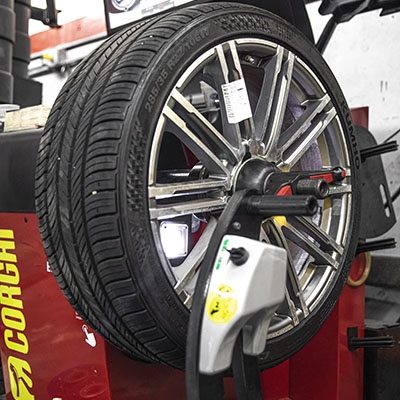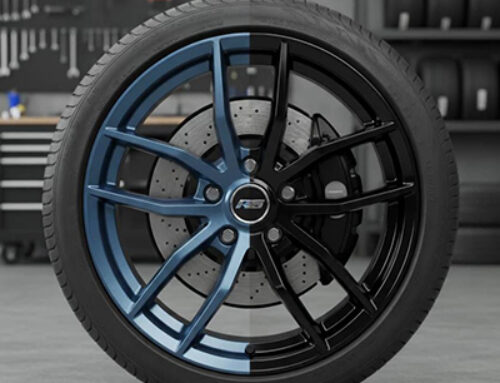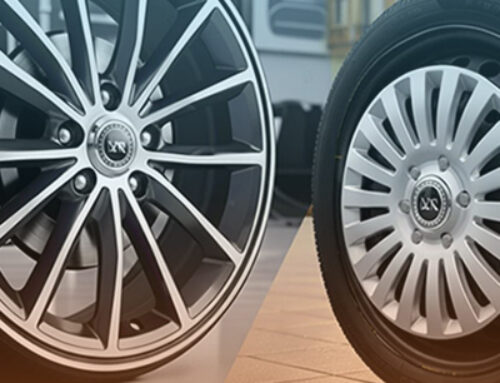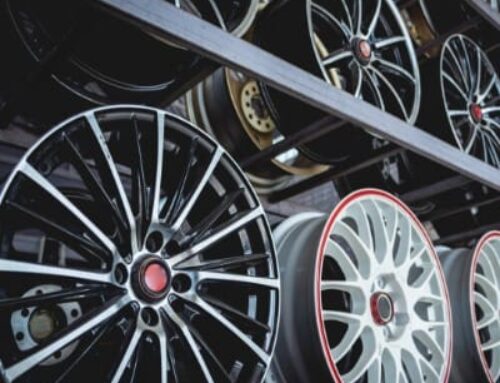
What is the Best Way to Balance Truck Rims?
Balancing truck rims plays a crucial role in vehicle maintenance, ensuring a smooth ride, enhancing safety, and extending tire lifespan. Proper wheel balancing minimizes vibrations, prevents uneven tire wear, and improves fuel efficiency. Since trucks often carry heavy loads and travel long distances, achieving optimal balance is even more essential compared to passenger vehicles.
Why is Balancing Truck Rims Important?
Unbalanced truck rims create several issues that compromise vehicle performance and safety, such as:
- Increased Vibrations: Drivers may feel these vibrations in the steering wheel, seats, or throughout the truck, leading to discomfort and reduced control.
- Uneven Tire Wear: When wheels are unbalanced, specific areas of the tire wear out faster, reducing lifespan and requiring more frequent replacements.
- Strain on Suspension and Steering Components: Prolonged imbalance damages suspension parts, leading to costly repairs.
- Reduced Fuel Efficiency: Excessive vibrations and uneven tire contact with the road increase rolling resistance, causing higher fuel consumption.
Methods for Balancing Truck Rims
Various techniques exist for balancing rims, each offering specific benefits:
1. Static vs. Dynamic Balancing
- Static Balancing: This method identifies a single heavy spot on the wheel and offsets it with a counterweight. It is a simple and effective solution for minor imbalances.
- Dynamic Balancing: High-speed rotation detects imbalances on multiple planes, allowing for precise placement of counterweights around the rim to correct these issues.
2. Balancing with Wheel Weights
- Lead or Zinc Counterweights: These common balancing solutions attach to the rim’s outer edge or inside the wheel.
- Clip-on or Adhesive Weights: Depending on the wheel type, either clip-on or stick-on weights maintain balance effectively.
3. Internal Balancing with Beads or Powder
- Balancing Beads: Tiny ceramic or glass beads placed inside the tire redistribute themselves as the wheel spins to counteract imbalances.
- Balancing Powder: Functions similarly to beads, spreading dynamically to maintain even weight distribution.
4. Precision Machine Balancing
- Computerized Balancing Machines: These advanced machines measure imbalances with high accuracy and suggest precise counterweight placements. Most professional shops use them for optimal results.
Common Mistakes in Balancing Truck Rims
- Using Incorrect Weights: Applying too much or too little weight results in continued imbalance.
- Ignoring Wheel Alignment: Misalignment causes issues similar to unbalanced wheels.
- Neglecting Regular Checks: Routine maintenance helps detect imbalances early, preventing damage.
Where to Get Professional Rim Balancing
For optimal performance and safety, truck rims should be balanced by experienced professionals using precision tools. Reputable service providers ensure the correct method and materials are used for your specific truck and driving needs.
Regular truck rim balancing is vital for maintaining vehicle stability, safety, and efficiency. Understanding the best methods and recognizing when service is needed helps truck owners and drivers prevent costly repairs and enjoy a smoother ride. For expert wheel balancing, visit a trusted professional to ensure your truck rims remain in perfect condition.
If you’re wondering how to choose the right rims for your truck, check out our guide on How Do I Know What Rims Will Fit My Truck? for helpful tips on ensuring the perfect fit.
Need expert advice? Contact us at
📞 Phone: (305) 490-2028 | (305) 964-7909
📍 Location: 16800 SW 96 Ct, Miami, FL 33157
✉️ Email: info@wheelsdoctor.com
🌐 Website: www.wheelsdoctor.com
Where we provide personalized guidance to help you make the best choices for your rims.
FAQs
✅ 1. How often should I balance my truck rims?
➡️ Experts recommend balancing truck rims every 10,000 to 15,000 miles or whenever new tires are installed.
✅ 2. How do I know if my truck rims need balancing?
➡️ Signs include excessive vibrations, uneven tire wear, and difficulty steering.
✅ 3. What happens if I don’t balance my truck rims?
➡️ Neglecting wheel balancing leads to faster tire wear, poor handling, and potential damage to suspension components.
✅ 4. Can I balance truck rims at home?
➡️ Although DIY solutions exist, professional balancing provides the most accurate results.
✅ 5. What’s the difference between alignment and balancing?
➡️ Balancing corrects weight imbalances in the wheel, while alignment adjusts the angles of the wheels to ensure proper road contact.





